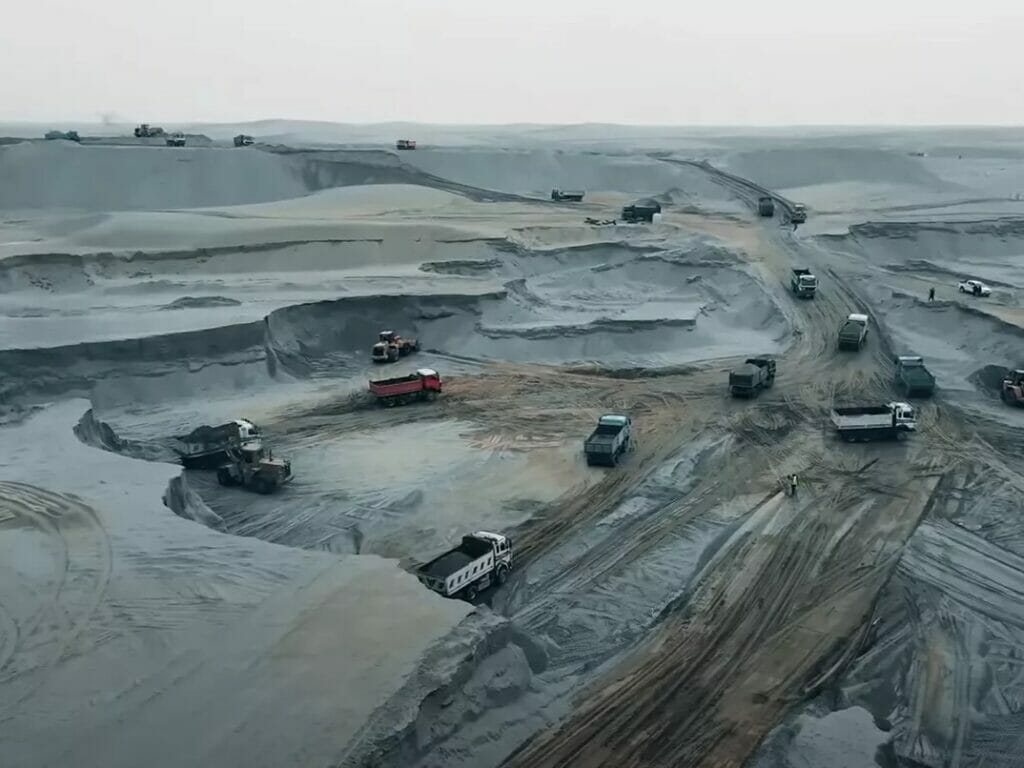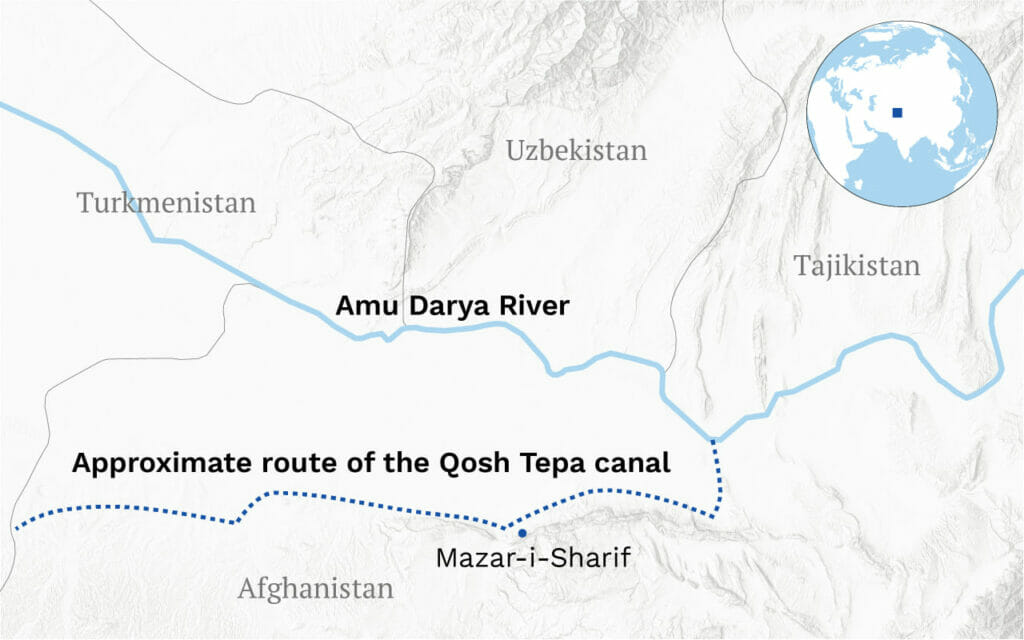President Mirziyoyev suggests inviting Afghanistan to negotiations on water resources in the region

President Shavkat Mirziyoyev of Uzbekistan has proposed that Central Asian countries invite Afghanistan to be a part of negotiations about water resource management in the region. He made this statement during the meeting of the International Fund for Saving the Aral Sea on September 15, according to the president’s press service.
What country can join the water management process in Central Asia? During his speech, the president of Uzbekistan noted that a new member, which currently has no obligations to other Central Asian countries, can join the water management process in the region.
«As you all know, Afghanistan is actively engaged in the construction of the Qush Tepa canal. Once it is ready to use, it will change the water balance in the entire region of Central Asia,» Mirziyoyev said.
He believes that a special panel is needed to review all the aspects of the Qush Tepa canal and its potential consequences for the water regime of the Amu Darya River.
What has President Mirziyoyev proposed? The president of Uzbekistan thinks that the water management negotiation process should involve different research centers from Central Asia and that the participation of representatives from Afghanistan in this regional dialogue is also necessary.
Moreover, Mirziyoyev has proposed to prepare long-term plans for the development of the basin on the Amu Darya River and the Sir Dayra River.
At the meeting, President Kassym-Jomart Tokayev of Kazakhstan was elected as the head of the International Fund for Saving the Aral Sea by the presidents of each member state of the organization. Tokayev will serve in this position for three years starting from January 1, 2024.

What do we know about the Qush-Tepa canal? In March 2023, the media reported on the start of the construction of the Qush Tepa canal in Afghanistan. The 285-kilometer-long canal is going to be 100 meters in width and 8.5 meters deep. The project is planned to take five years. Once it’s completed, Afghanistan will take at least 1/3 of the water from the Amu Darya River to provide water to three districts in the northern part of the country.
The Taliban plans to spend roughly $666.80 million for the six-year project, which will help the country irrigate about 50,000 to 60,000 hectares of land.
By now, Afghanistan is a member of neither regional nor international agreements concerning water resources and has started building the canal without consulting its neighbors.
Last week, President Sadyr Japarov of Kyrgyzstan proposed that Central Asian countries introduce resource-saving technologies and announced that Kyrgyzstan is switching to a water-saving policy.
In addition, during the V Consultative Meeting of Central Asian leaders in Dushanbe, Japarov proposed establishing a regional center for introducing energy-efficient and resource-saving technologies in Central Asia.
He believes that this would help the region to better use its water and energy resources.

